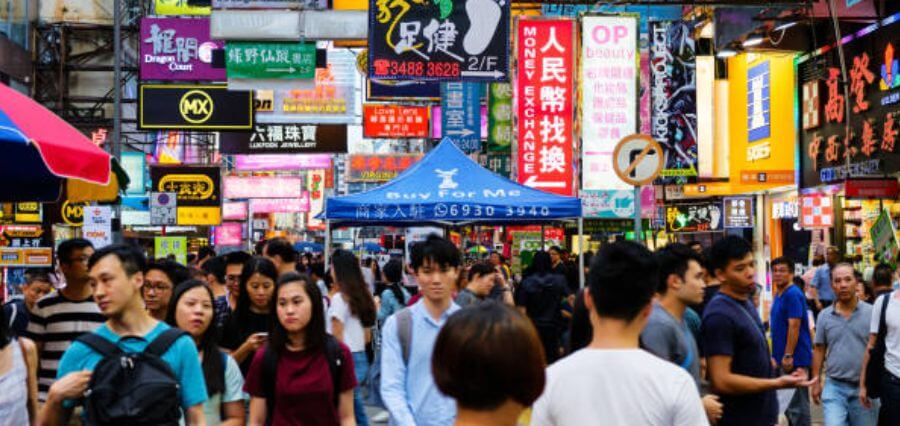Amid escalating trade tensions, Chinese officials emphasized on Friday that the nation will prioritize its own economic affairs. Han Wenxiu, deputy director at the Chinese Communist Party’s central committee office for financial and economic affairs, asserted that focusing on internal matters would ensure the national economy remains stable and progresses steadily.
Speaking at a press conference, Han outlined three key areas for development: maintaining a stable and healthy real estate market, accelerating the growth of emerging and future industries, and expanding domestic demand, particularly consumption. Han’s comments responded to inquiries about China’s strategy for supporting economic growth amid heightened trade tensions. He echoed Chinese President Xi Jinping’s sentiment of “doing your own thing well” and focusing on internal affairs.
This press conference followed the Third Plenum, a high-level policy meeting that concluded on Thursday. While the final resolution is forthcoming, the initial communique emphasized boosting domestic technology and achieving full-year economic targets.
Trade tensions between the U.S. and China have intensified since former U.S. President Donald Trump’s administration, with Trump now threatening 60% tariffs on Chinese goods if reelected. Additionally, the Biden administration recently raised tariffs on Chinese electric vehicles to 100%. The European Union also announced increased tariffs on Chinese-made electric cars this month.
Although the Third Plenum’s readout and officials’ comments did not mention specific countries, they alluded to geopolitical tensions and a temporary decline in foreign direct investment. Mu Hong, deputy director of the Party’s central committee office for “Comprehensively Deepening Reform,” reaffirmed China’s commitment to deepening reform and opening up despite external uncertainties.
China’s economic growth has slowed after decades of rapid expansion, with GDP growth missing expectations in the second quarter. Analysts suggest more stimulus may be needed to achieve the full-year growth target of around 5%. While exports have supported growth, the real estate slump and weak consumption have hampered the economy. Beijing’s efforts to advance technology have not yet compensated for these drags.
Han acknowledged the significant impact of the real estate sector on China’s economy, noting plans to absorb existing housing inventory, optimize new construction, and deliver pre-sold homes. Real estate investment dropped by 10.1% in the first half of the year, with residential sales down over 20% from the previous year.





